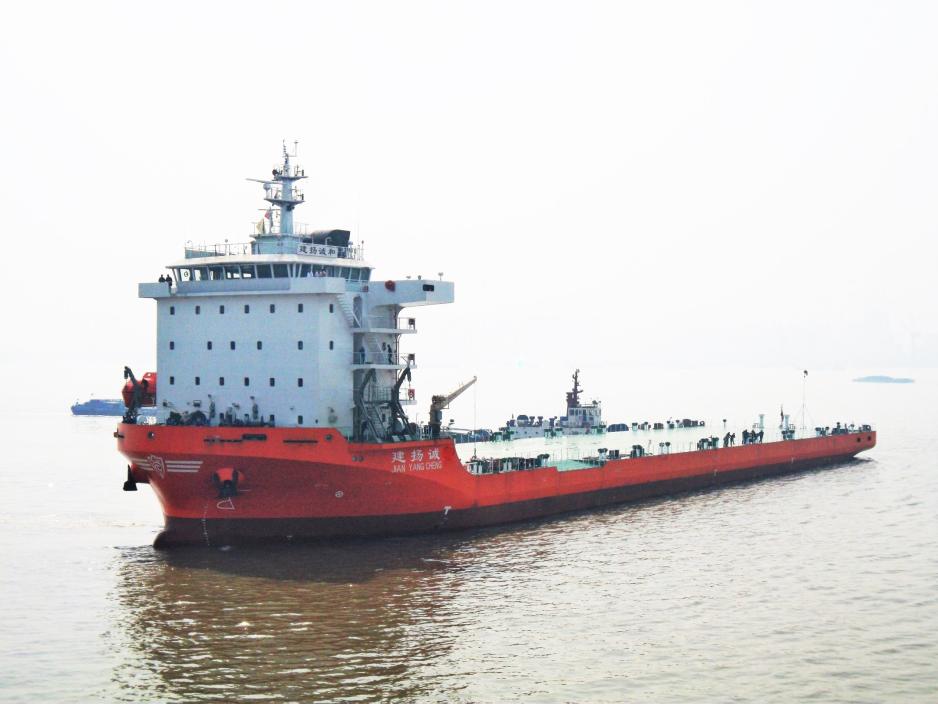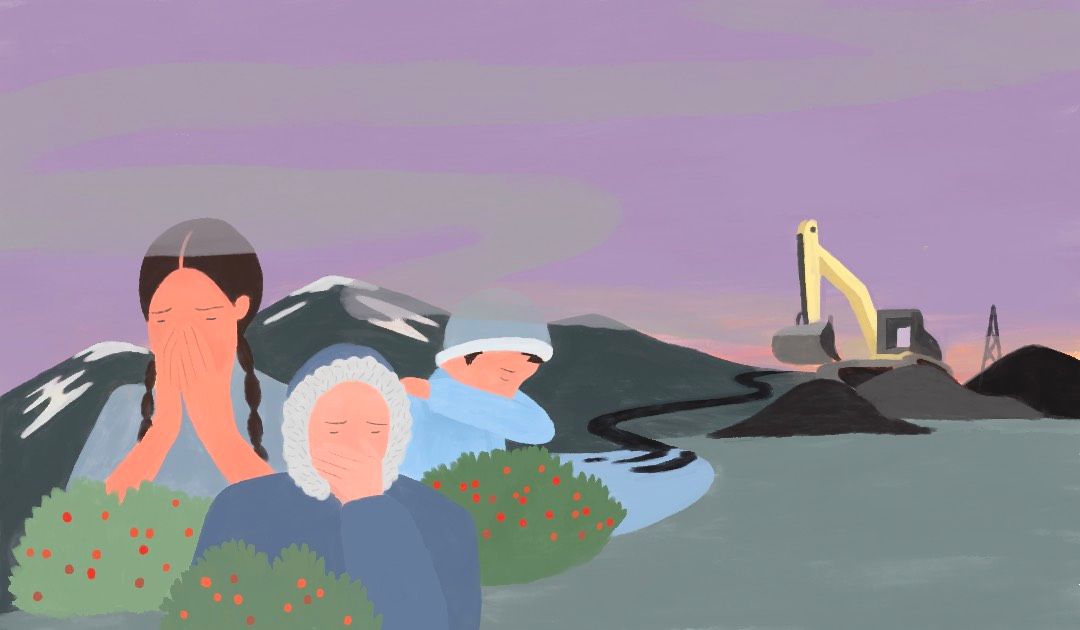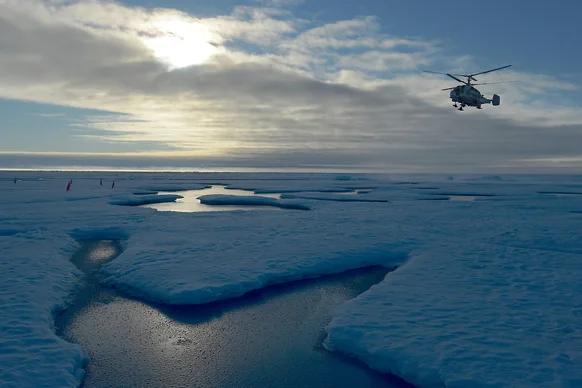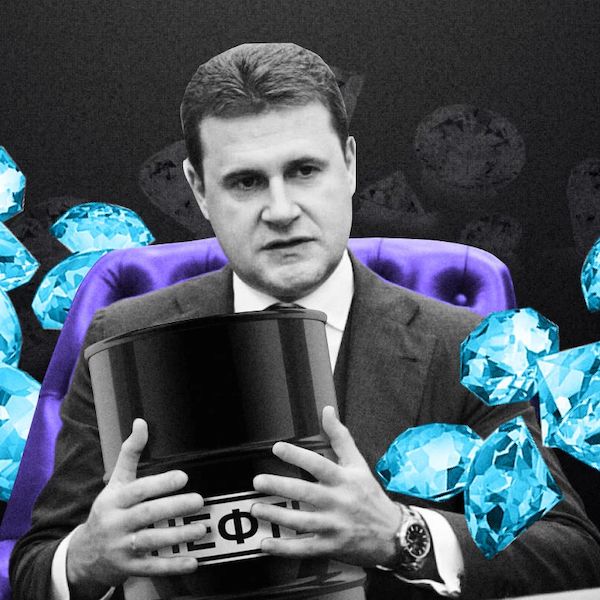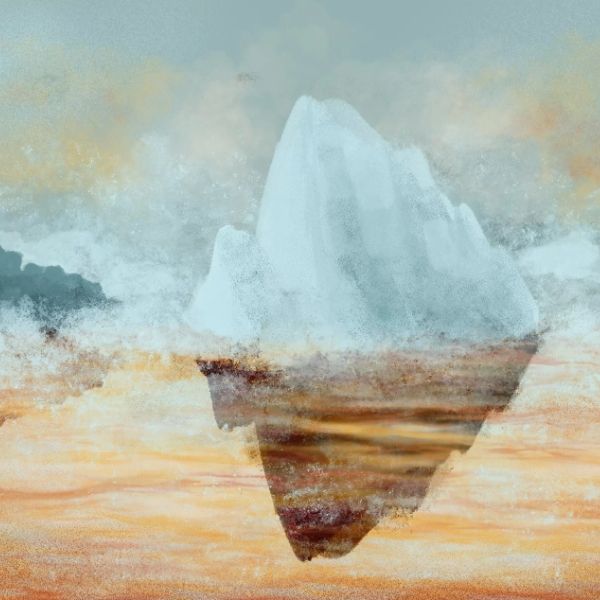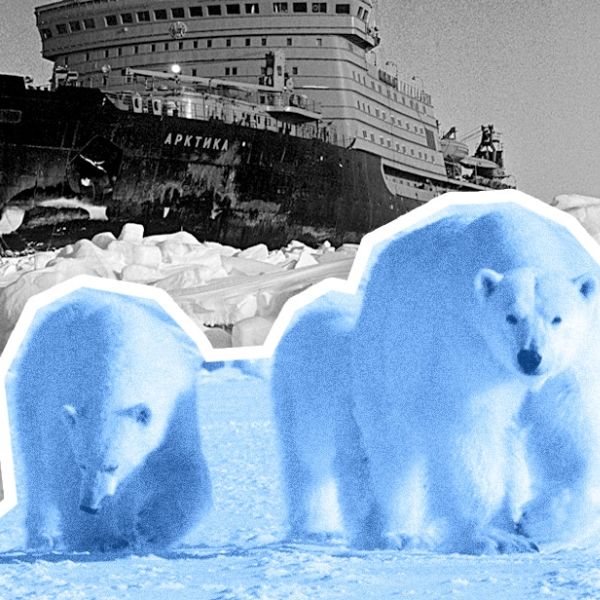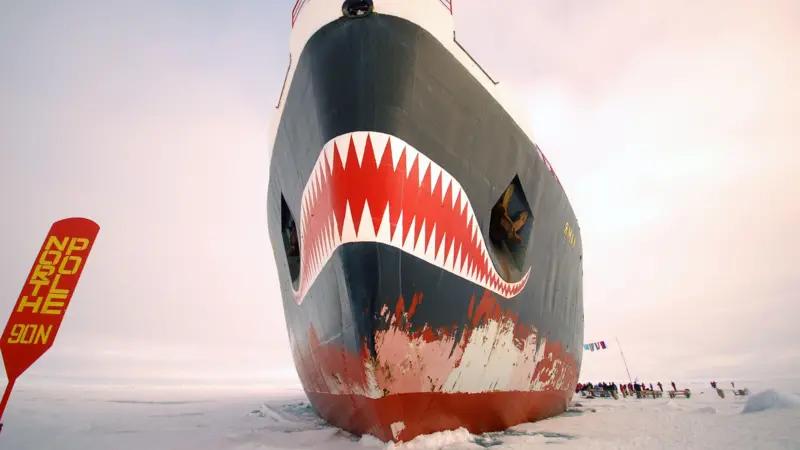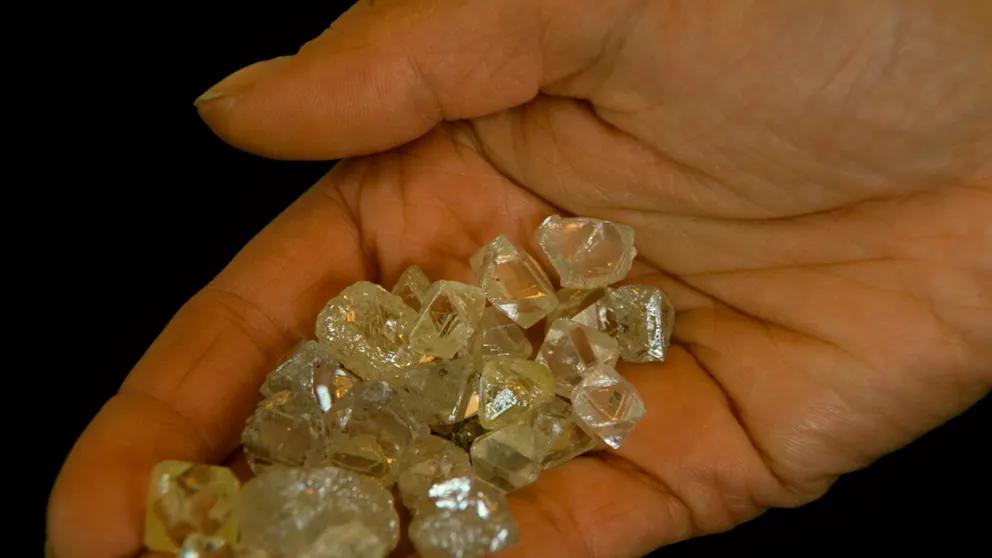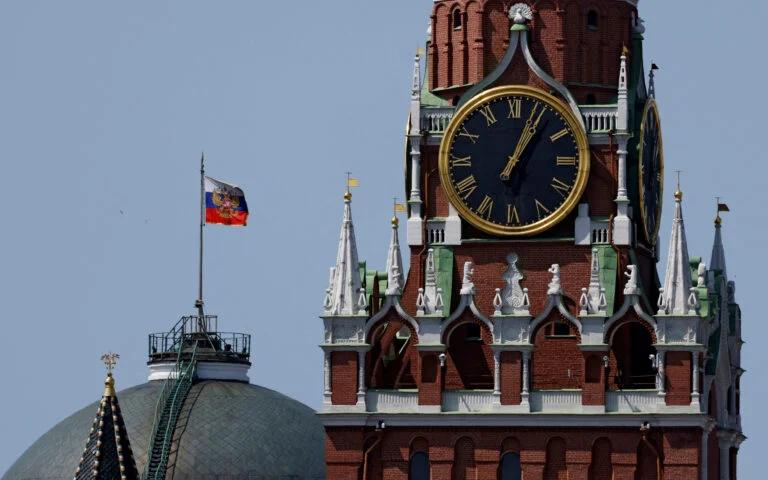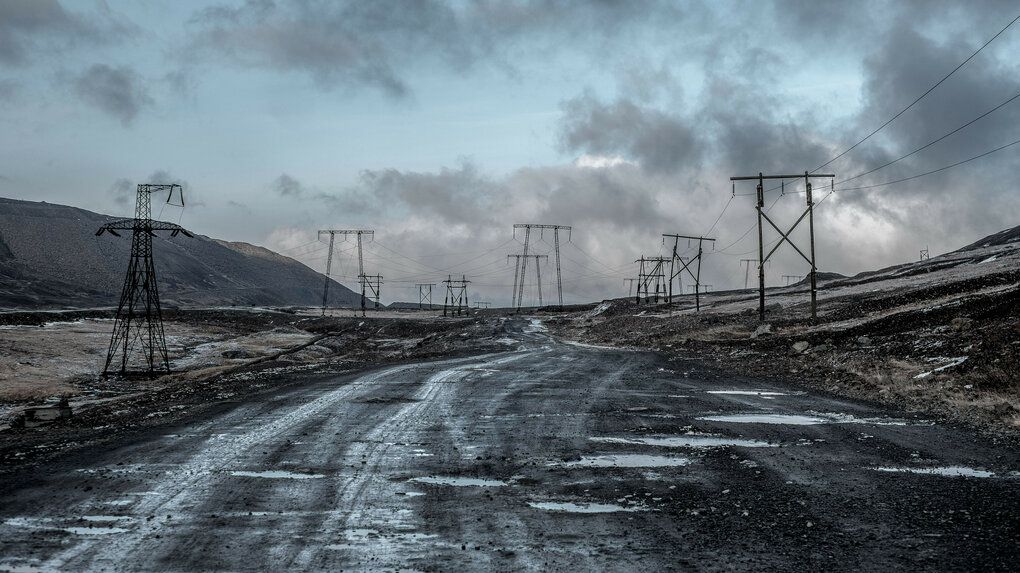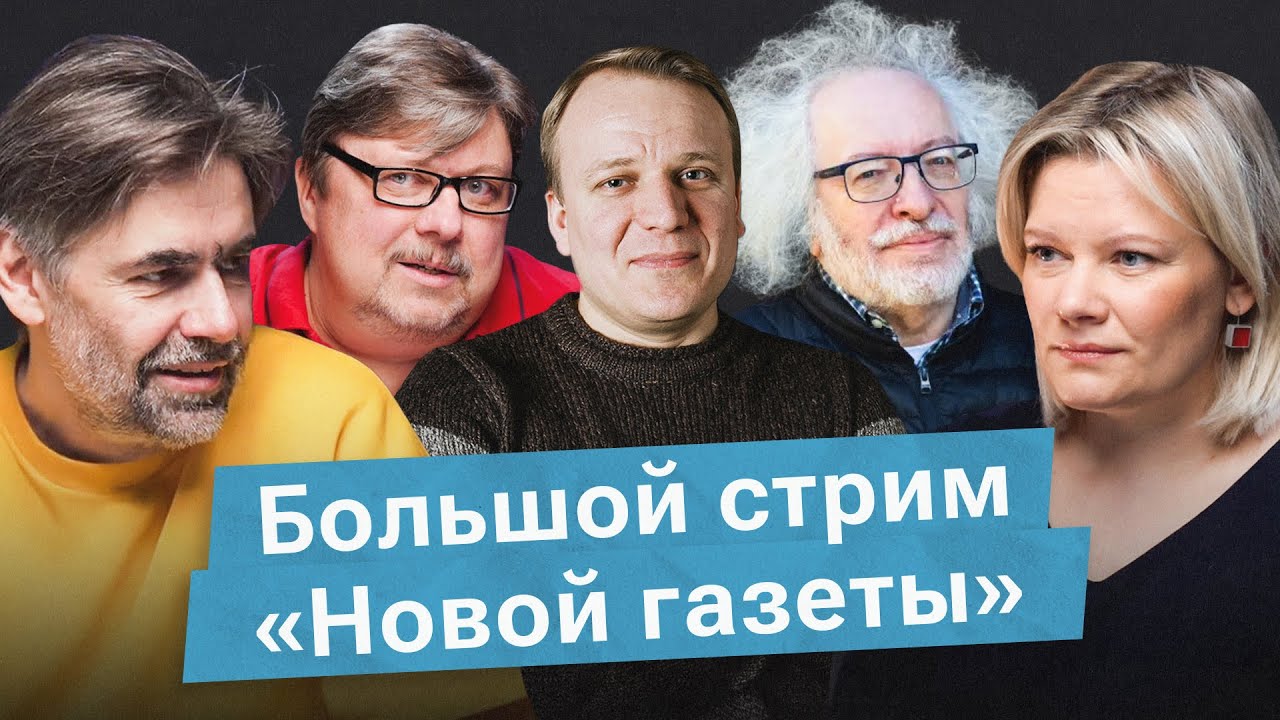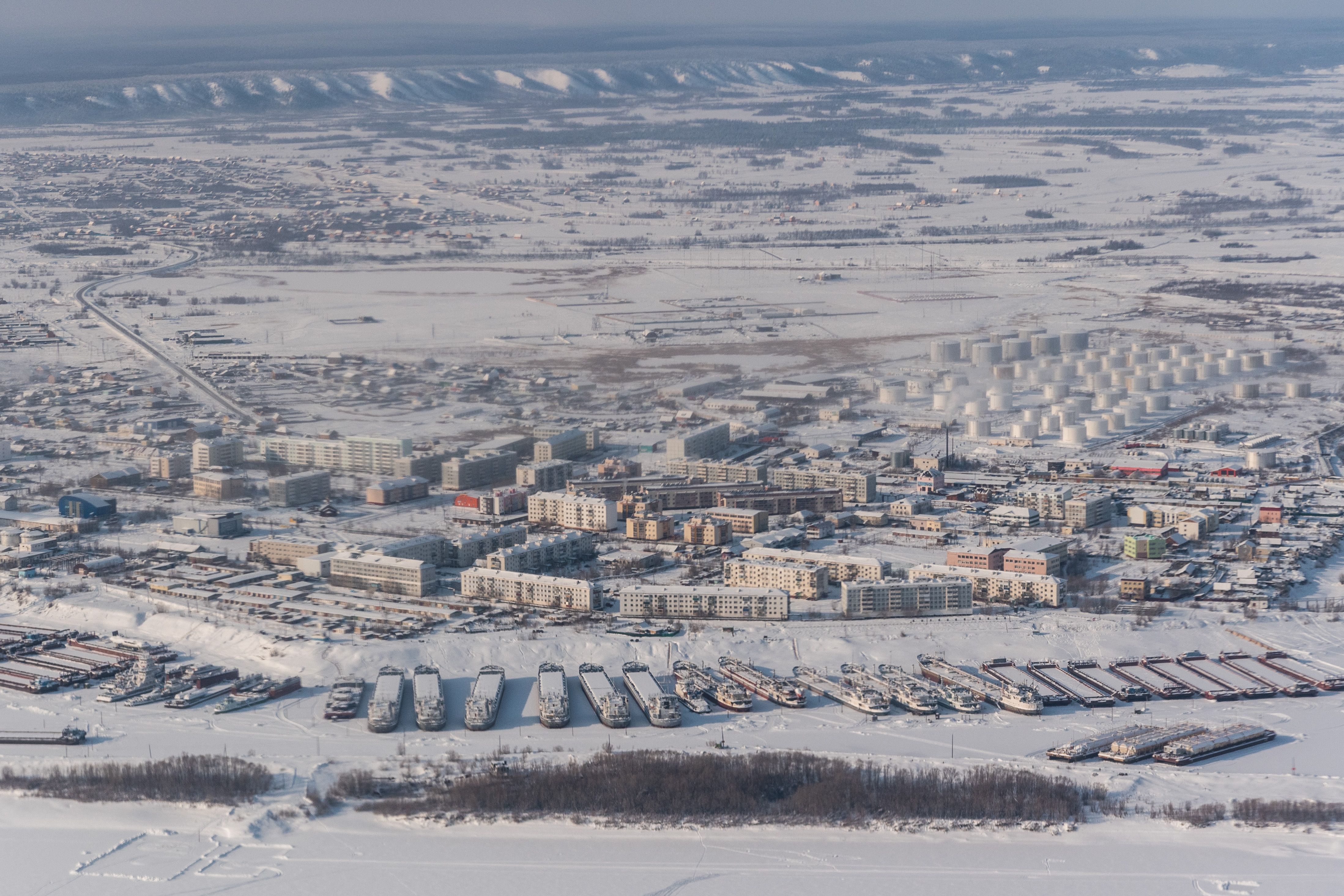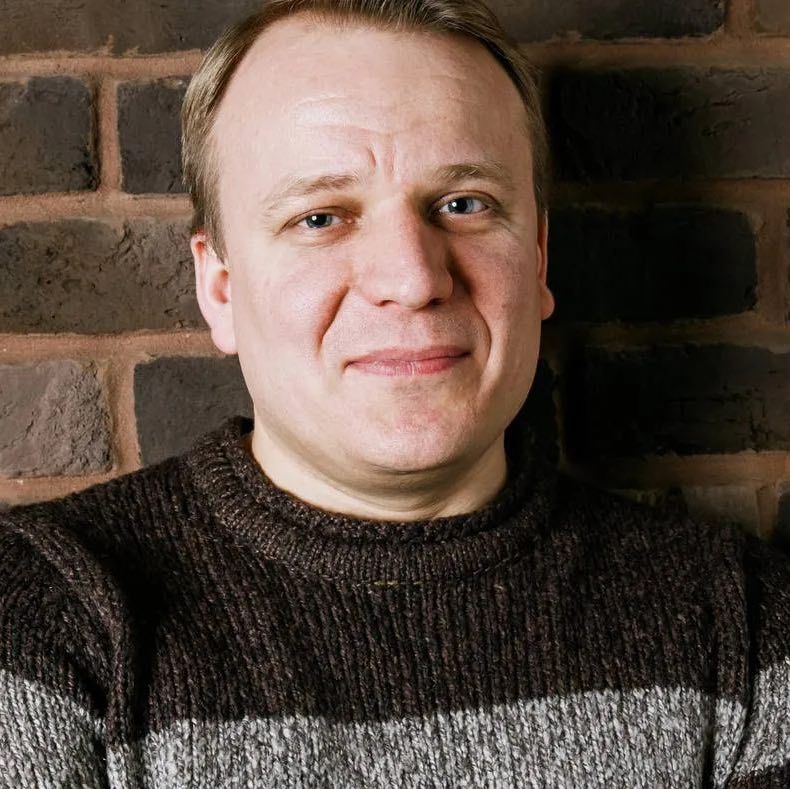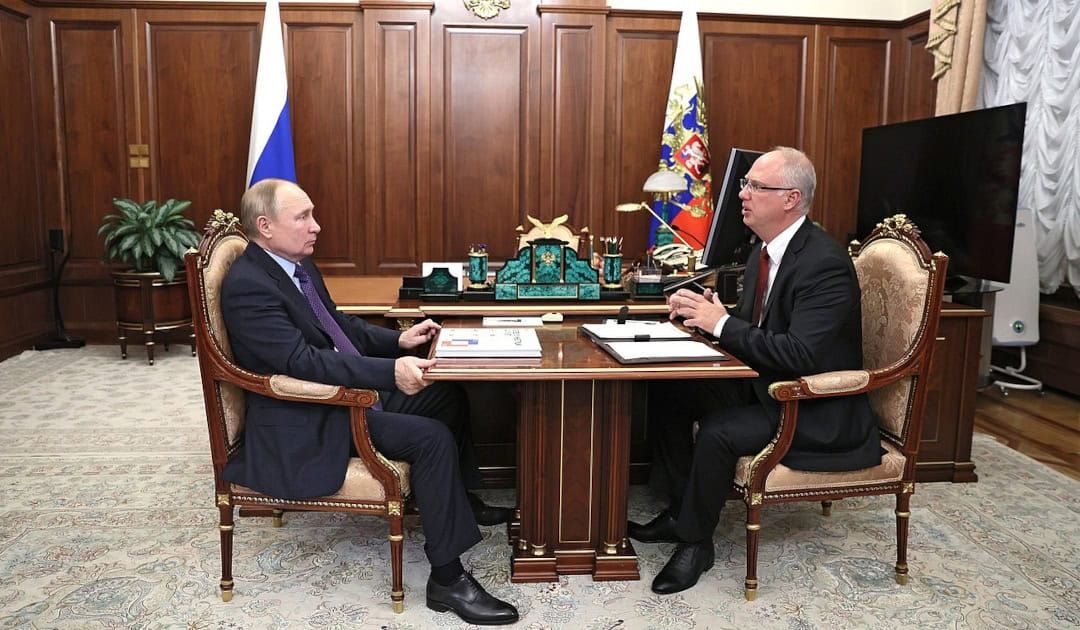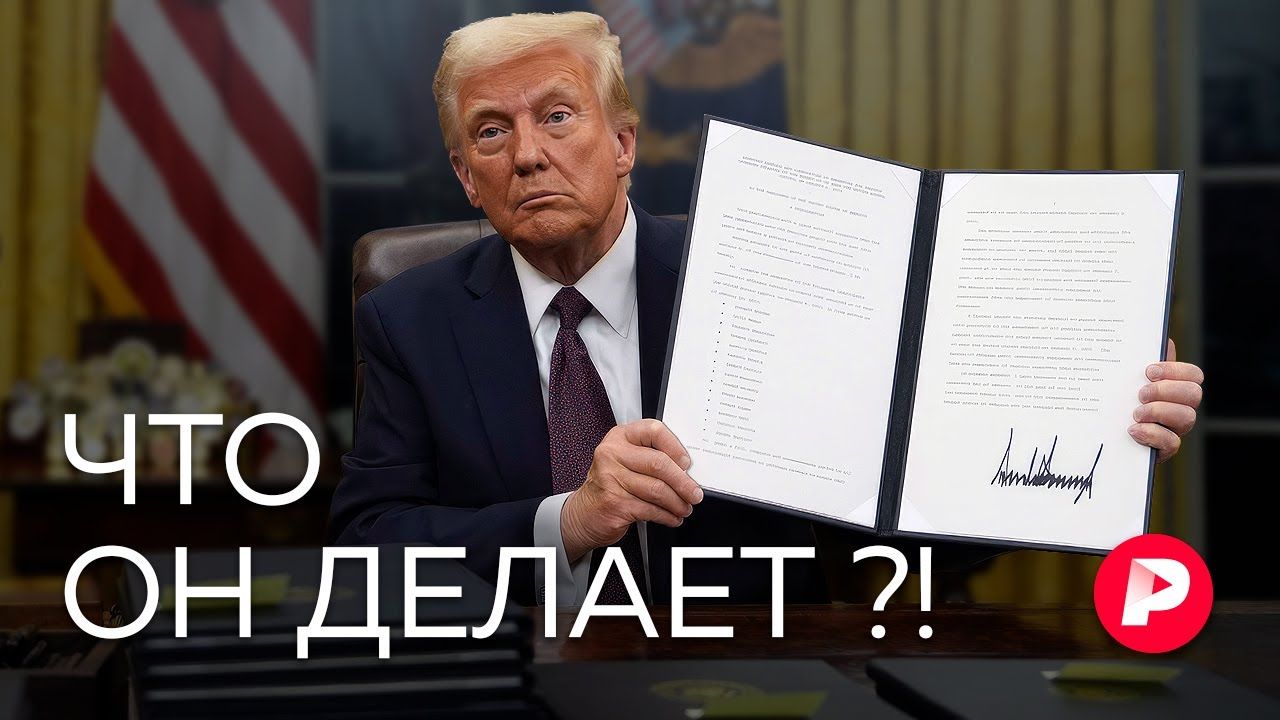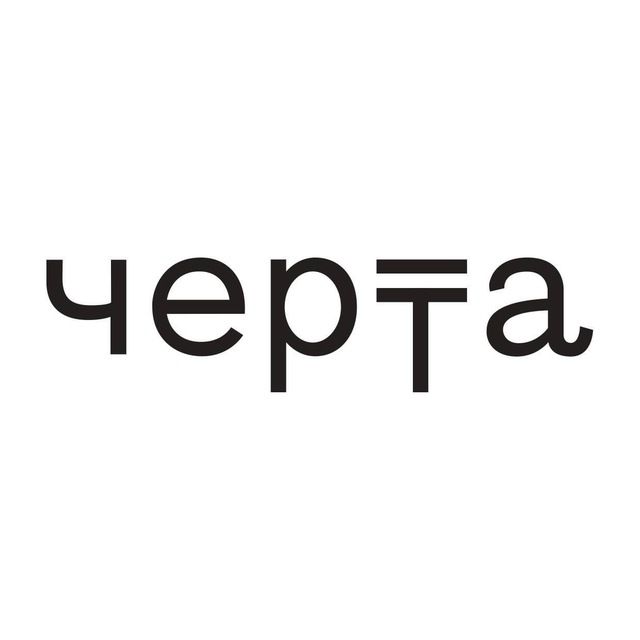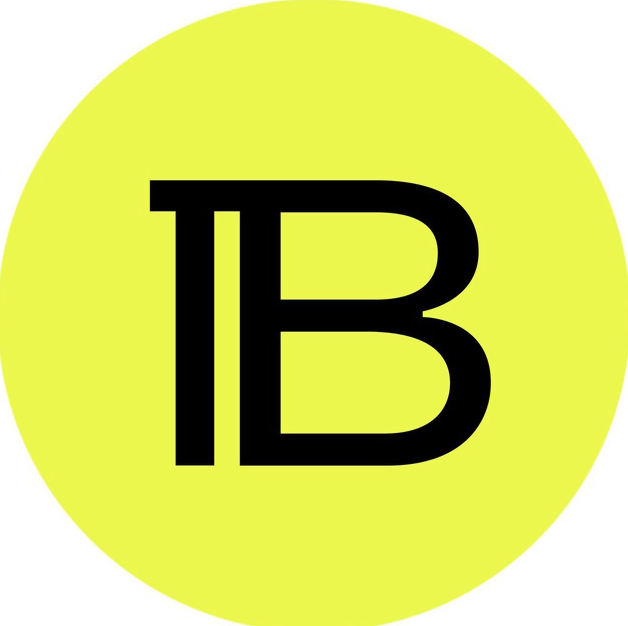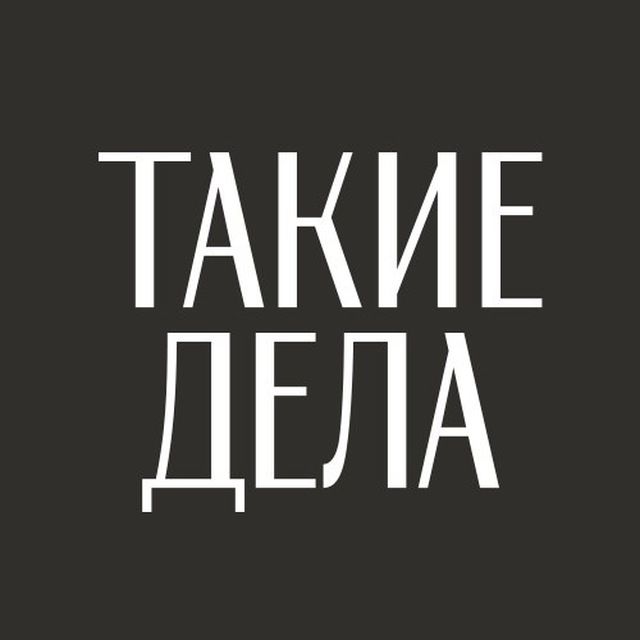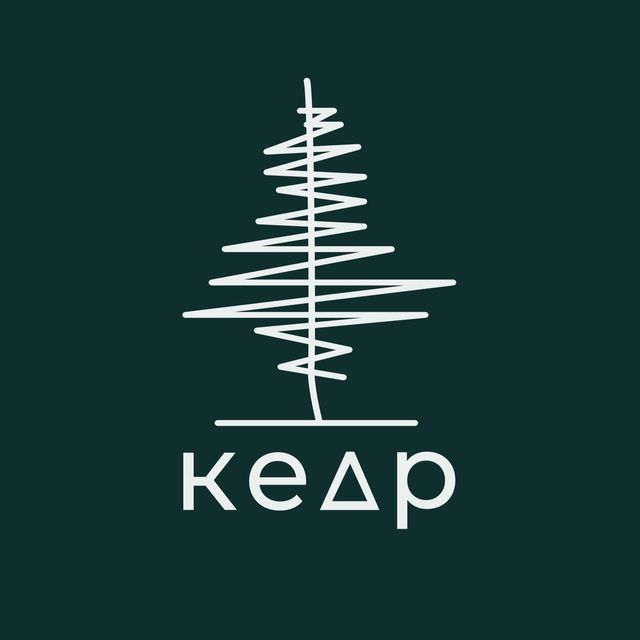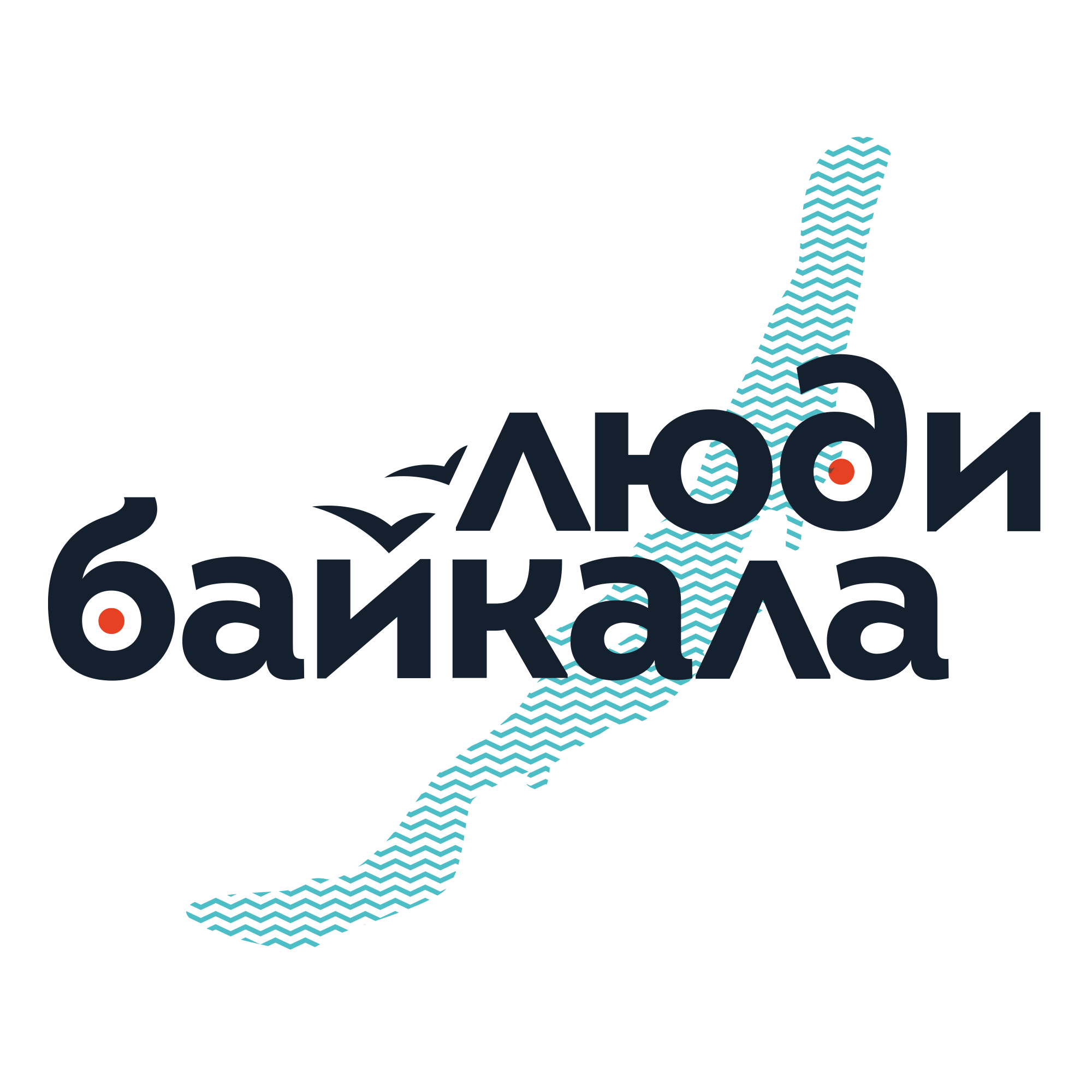![[object Object],[object Object]](https://cdn.sanity.io/images/tsza235h/production/5955017a847252932a36f848ec0497c2ac5110a3-2370x1580.jpg?rect=0%2C124%2C2370%2C1333&w=3840&h=2160&fit=max&auto=format)
Three Years of Arctida
Arctida explores how the Arctic is changing, conducting dozens of investigations and research projects to uncover what’s often left out of official narratives. Since 2022, Arctida has grown from a grassroots volunteer initiative into a sustainable research organization that brings greater transparency and understanding to processes in the Russian Arctic.
- Expanded investigations team
- Field expeditions to Yakutia and publication of findings
- Release of the updated stakeholder influence map
- Expanded expert team; launched new focus areas on climate crisis and Indigenous rights
- Established management and communications departments
- Field expedition to Chukotka and resulting report series
- First Redkollegia award nominations
- Major investigations into sanctions evasion, corruption, and corporate ties
- Built Arctida’s organizational structure
- Released the first version of the Arctic stakeholder map
- Conducted first national survey on perceptions of Arctic development
- Launched Arctida’s social media channels
- Transition from volunteer project to formal nonprofit
- Founder Ilya Shumanov’s trip to Karelia, which sparked the idea for Arctida
A Region That Holds the Planet’s Future: Why We Study the Arctic
The Arctic is one of the world’s most strategically important — and most vulnerable — regions. It’s on the front lines of the climate crisis, warming more than three times faster than the global average. As ice melts, new shipping routes like the Northern Sea Route are opening up, accelerating access to trade and resource extraction.
But this surge in activity comes with serious risks: militarization, industrial pollution, and damage to Indigenous communities that have preserved the region’s fragile ecosystems for centuries.
Arctida was created in response to these challenges. We gather data directly from the field, combining investigative journalism with in-depth research. Our work focuses on three core areas: the climate crisis and environmental issues, the status and representation of Indigenous peoples, and how corruption impacts Arctic governance. This helps make decision-making in the region more transparent and accountable — uncovering hidden networks of influence, defending traditional ways of life, and supporting those who are working to keep the Arctic alive.
We follow the “theory of change” approach: each investigation and study is designed to drive tangible outcomes. By exposing critical information and proposing actionable solutions, Arctida strives to create real, measurable progress.
From Karelia to the Entire Arctic: How Arctida Began
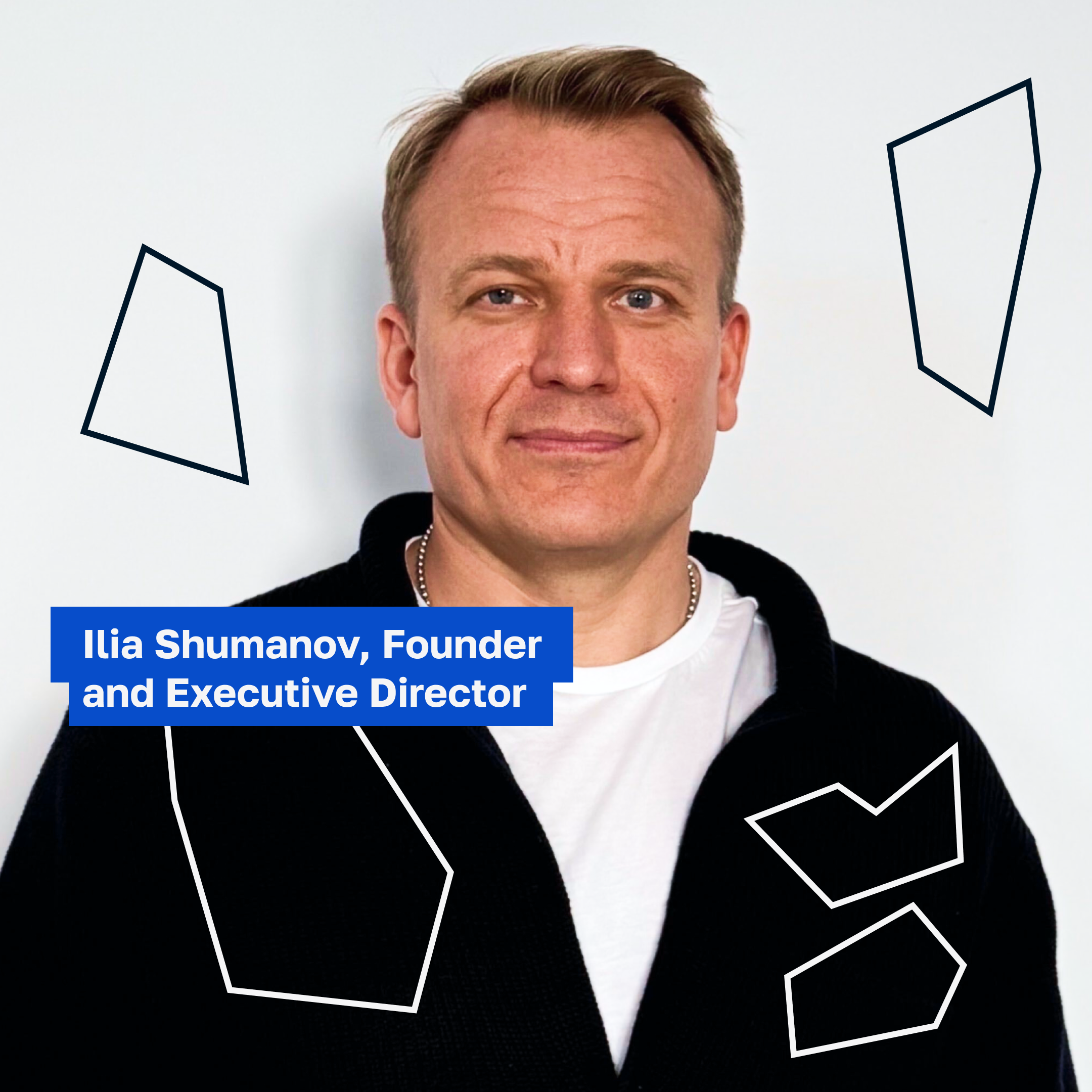
“In 2021, I visited Russia’s North — Karelia — for the first time, and the experience had a profound impact on me. The region is incredibly rich in natural resources, culture, and history. But instead of prosperity, I saw widespread environmental degradation and social decline.
Over the past few decades, some northern regions have lost up to 20% of their population. This mass exodus stands in stark contrast to the Russian government’s narrative, which portrays the Arctic as a strategic priority receiving massive state investment.
In 2022, Arctida began as a small volunteer initiative. At first, we focused on modest goals — investigations, research, and social media outreach. But over time, it became clear how vital this work was to so many. What started as a grassroots effort has now grown into a sustainable organization.”
— Ilya Shumanov, Founder of Arctida
2022–2024: Laying the Groundwork for Independent Research in the Russian Arctic
In late 2022, Arctida officially registered as a nonprofit. During the first two years, we defined our goals, built a team, and established workflows. Since then, we’ve released regular analytical reports, conducted several major investigations, launched a media presence, and built strong partnerships with journalists and organizations.
In 2023, we introduced the first version of our stakeholder mapping tool GRAPH — a data visualization platform designed to analyze who shapes policy in the Russian Arctic. The tool combines a stakeholder database with visual networks that reveal how government agencies, corporations, GONGOs (government-organized NGOs), and individuals influence regional decision-making.
This tool helped us identify key centers of power, detect lobbying patterns, and uncover how Indigenous leadership is being co-opted by extractive industries. It also exposed intersections between the interests of security forces and mining companies.
Alongside this, we published our first comprehensive analytical report on the main players in Russian Arctic politics. This report became a launchpad for public discussion and helped draw attention from international partners, media, and researchers to the opaque nature of Arctic governance in Russia.
What We’ve Learned: The Chukotka Expedition, Investigations, and a Nationwide Public Opinion Survey
Between 2022 and 2024, Arctida conducted a series of investigations that laid the foundation for our approach to documenting developments in the Russian Arctic. These reports uncovered kleptocratic governance schemes, revealed how foreign companies circumvented sanctions to supply LNG production equipment, and exposed how extractive industries took over the Association of Indigenous Peoples of the North, Siberia, and the Far East.
In collaboration with Kedr.media independent outlet, we carried out an expedition to Chukotka. There, we uncovered ties between Australian mining firms — responsible for environmental damage in the region — and Russian officials, including individuals close to former Ukrainian president Viktor Yanukovych. We also documented how coal operations are destroying both local ecosystems and communities.
In 2024, we partnered with the sociology group Russian Field to conduct the first nationwide public opinion survey on Arctic development. The results revealed sharp generational divides in how people view the future of the region.
In our first two years, we established lasting relationships with independent media outlets and developed our own communication channels.

Our research and expert commentary were regularly featured in both independent and international media outlets, including Polar Journal, Kommersant, High North News, Verstka, Kedr.media, 7x7 – Horizontal Russia, and others.
2025. A Turning Point: More Data, Wider Audience, Stronger Team
Arсtida’s third anniversary marked a turning point. We grew in size, capacity, and expertise — defining strategic priorities, formalizing governance processes, and strengthening our research team. Today, Arсtida includes a sociologist, climate and environmental analysts, an anthropologist, and an Indigenous affairs consultant. Our investigations team responds to increasing media and civil society inquiries, while our analysts structure data and track developments across the Arctic.
An expanding list of media outlets began publishing materials based on Arctida’s research and insights. These include:
BBC News Russian, BILD, Fair Observer, TAZ.de, The Polar Journal, Arctic Today, 66 North, Forbes Russia, Varlamov – YouTube, Redaktsiya – YouTube, NO.Media – YouTube
In just the first nine months of 2025, Arсtida was mentioned in 215 media publications, including several international ones. We also expanded our bilingual social media presence:

With rising public interest came increased pressure. On July 29, Roskomnadzor blocked Arctida’s website at the request of the Russian Prosecutor General’s Office — without explanation.
Website censorship has become a routine tool against independent media and NGOs in Russia. For us, the block served as confirmation that our work matters. In response, we launched mirror sites, activated alternative platforms, and rolled out an information campaign to ensure ongoing access to our materials.
“There are no legal consequences for users. VPNs and proxies are still legal in Russia and remain the best way to bypass censorship,” — Sarkis Darbinyan, cyberlaw expert and co-founder of Roskomsvoboda
News of the block quickly spread on social media and in the press. Arctida received dozens of messages of support from journalists, researchers, and readers.
Key Research in 2025: Stakeholders, Energy Transitions, and Public Opinion
We continued to expand our understanding of how Arctic policy in Russia is shaped. A major focus in 2025 was growing our stakeholder database — a resource that maps the influence of state bodies, corporations, GONGOs, and environmental organizations.
The updated stakeholder map now includes:
- 12,767 individual profiles
- 2,368 organizations, over 1,000 of which are directly involved in Arctic governance
This tool enables researchers and journalists to analyze how state, corporate, and civil society interests intersect — and who truly drives the Arctic agenda.
In parallel, we released a comprehensive report outlining major trends in the Russian Arctic over the past two years.
Another key project was our Arctic Region Energy Transition Index, which assessed how northern territories are adopting renewable energy, electric transport, and energy-efficient technologies. Our findings show that sustainable development is possible even in extreme climates — when regions invest in innovation and reimagine growth models.
We also conducted a second national public opinion survey in partnership with Russian Field. The study revealed that the tension between extractive development and “careful stewardship” of the Arctic exists not only in state policy but in how ordinary Russians perceive the region’s future.
Sanctioned Diamonds, Militarization, Greenwashing — and More: Major Investigations of 2025
In 2025, Arctida published a series of high-impact investigations and analytical reports — many in partnership with independent media outlets.
Our work covered a wide range of critical issues in the Russian Arctic, including:
- Sanctions evasion
- Environmental damage from resource extraction
- The collapse of traditional reindeer herding
- The growing militarization of Arctic policy
- Corporate greenwashing
We also continued our field expeditions to remote regions, documenting corporate abuse and pressures on Indigenous communities — in areas where independent media rarely have access.
9 Award Nominations and Dozens of Partnerships
In just three years, nine Arctida projects (co-produced with partner media outlets) were nominated for the prestigious Redkollegia journalism award. These included investigations into sanctions evasion, corruption, environmental degradation, Indigenous rights, and how state and corporate actors shape Arctic narratives.
From the beginning, Arctida has prioritized transparency, openness, and collaboration with independent media. This approach has created a productive synergy between journalism, research, and advocacy. Through these partnerships, we’re able to gather on-the-ground data, amplify overlooked stories, and make the Arctic more understandable to all who care about its future.
Table of Contents
- A Region That Holds the Planet’s Future: Why We Study the Arctic
- From Karelia to the Entire Arctic: How Arctida Began
- 2022–2024: Laying the Groundwork for Independent Research in the Russian Arctic
- 2025. A Turning Point: More Data, Wider Audience, Stronger Team
- Sanctioned Diamonds, Militarization, Greenwashing — and More: Major Investigations of 2025
- 9 Award Nominations and Dozens of Partnerships



